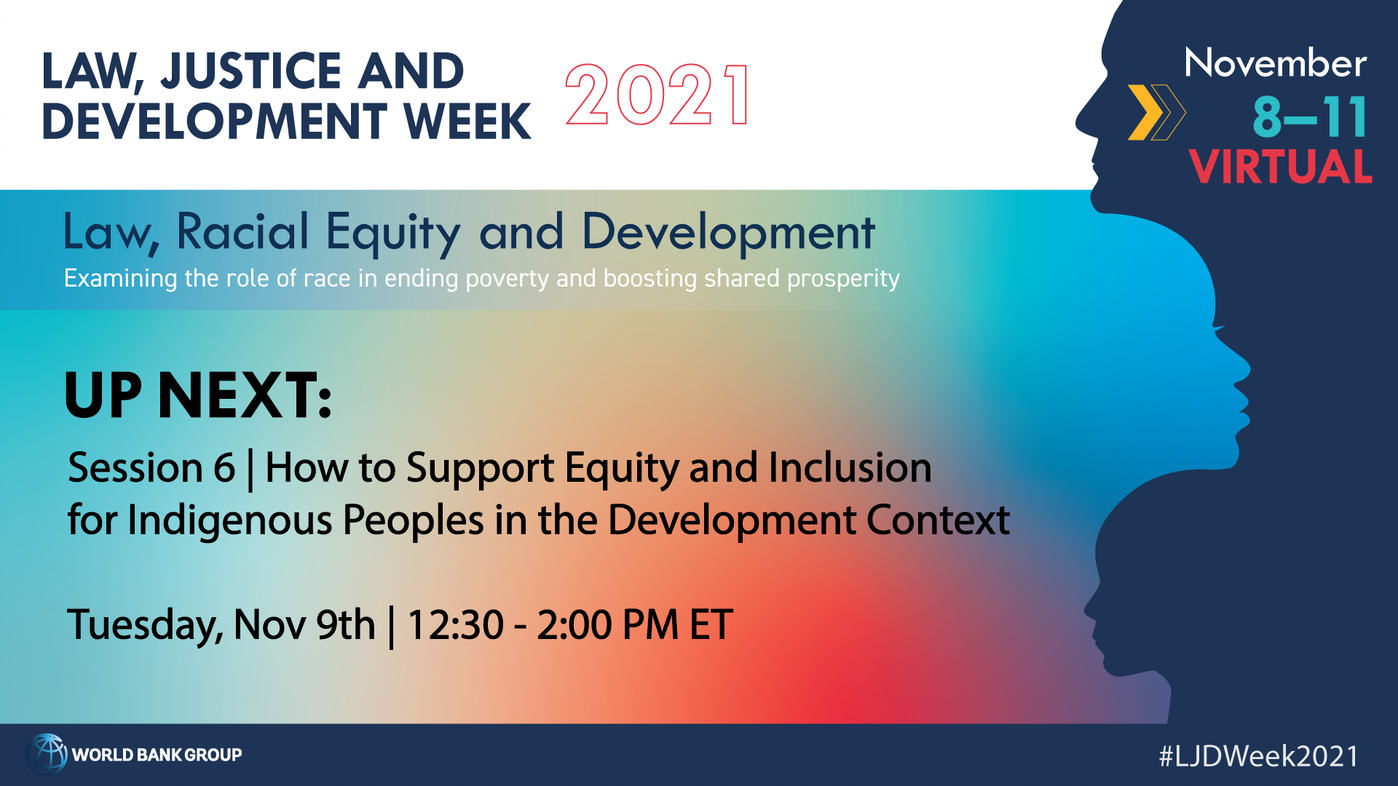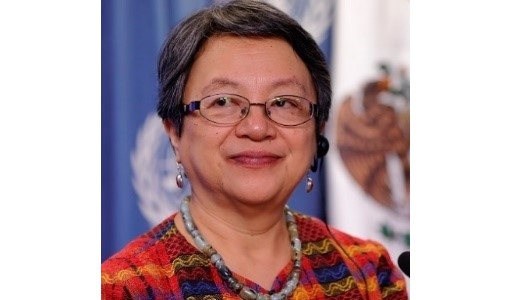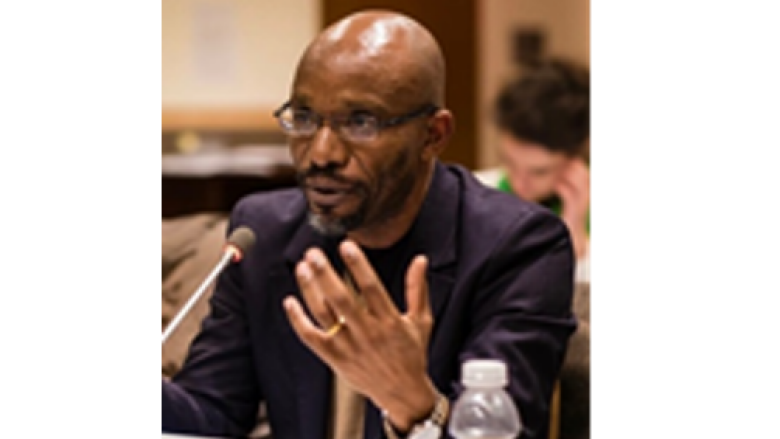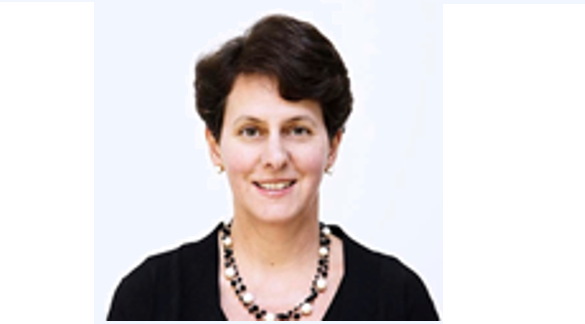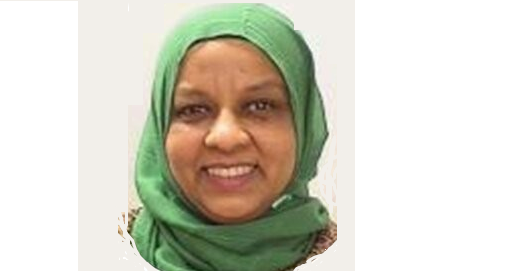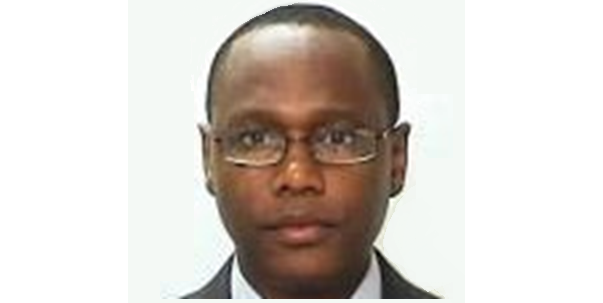Indigenous Peoples (IPs) are custodians of our planet and possess vital knowledge to support global development efforts. However, IPs encounter constraints and barriers that prevent them from equally benefiting from development. Their identities and aspirations are distinct from mainstream groups in national societies and often are disadvantaged by traditional models of development. Weak and/or contradictory national laws and policies may limit their capacity to defend their rights and interests. International Financial Institutions (IFIs) have enacted policies for the inclusion of IPs, to foster respect for their rights, and acknowledge their distinct identities and culture, but several challenges remain. This panel will explore issues of equity and inclusion of IPs, and the role of IFIs in key areas, including in promoting their participation in the development process, supporting their own development priorities, free prior and informed consent (FPIC), employment opportunities, and support for IP-led businesses, among others.
The session will explore the following questions:
What are the challenges and opportunities provided in national laws and policies, and how to address or take advantage of them?
How has climate change and the COVID-19 pandemic exacerbated challenges for IPs?
What tools do IFIs have available to address such challenges?
How can IFIs work towards improving IPs’ social, economic, and legal status?
In what sectors and areas can IFIs make a positive impact?
What are the similarities in terms of challenges for other vulnerable racial/ethnic minorities, such as Afro-descendants, or the Roma people?
